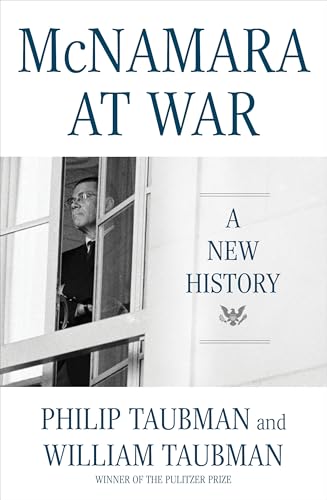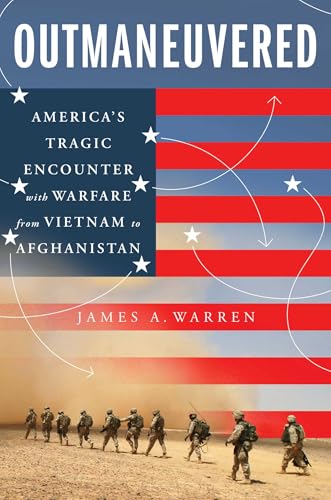
Nixon's Nuclear Specter
by William Burr
"The Secret Alert of 1969, Madman Diplomacy, and the Vietnam War"
Popularity
4.75 / 5
* A book's popularity is determined by how it compares to all other books on this website.
Where to buy?
Buy from Amazon* If you buy this book through the link above, we may receive a small commission at no extra cost to you.
Nixon's Nuclear Specter by William Burr
Details
War:
Vietnam War
Perspective:
Commanders
True Story:
Yes
Biography:
No
Region:
Asia
Page Count:
472
Published Date:
2015
ISBN13:
9780700620821
Description
Main Themes and Topics
Nixon's Nuclear Specter by William Burr delves deep into the tumultuous period of the Vietnam War, focusing on the complex interplay of military force and diplomatic negotiations orchestrated by Richard Nixon and Henry Kissinger. The book highlights how these leaders employed the Madman Theory, leveraging the ominous possibility of nuclear force to coerce both North Vietnam and its Soviet allies. Through detailed accounts, it presents a gripping narrative of Nixon's deployment of excessive threats, including nuclear, and the subsequent operations and political maneuvers, such as the bombing campaigns and the DUCK HOOK operation. Burr and his co-author use declassified documents and participant interviews to dissect this high-stake period of nuclear diplomacy, offering a contextual analysis of nuclear threat-making policies since 1945. The book also explores the international “nuclear taboo,” intra-governmental dissent, and domestic political pressures, thereby providing a comprehensive examination of how these multifaceted dynamics influenced U.S. foreign policy during the Vietnam War.
Writing Style and Tone
William Burr's writing in Nixon's Nuclear Specter is both meticulous and engaging, combining scholarly rigor with accessible prose. His tone is analytical yet narrative-driven, allowing readers to grasp the complexity and gravity of the subject matter. The authors effectively balance factual detail with storytelling, offering insights into not just the political and military strategies of the time, but also the personalities of figures like Nixon and Kissinger. The writing style ensures that even those unfamiliar with the intricate nuances of Cold War-era politics can follow and appreciate the unfolding events and their implications.
Criticism
While Nixon's Nuclear Specter is lauded for its thorough research and detailed narrative, some readers might find the dense information and extensive detail overwhelming. The book's focus on declassified documents and participant interviews, while providing depth, could potentially be perceived as too dense for those looking for a more concise overview of the period. However, these aspects are also what lend the book its authenticity and authority on the subject.
Brief Summary
Nixon's Nuclear Specter explores Richard Nixon's and Henry Kissinger's strategic efforts to conclude the Vietnam War through an unconventional mix of diplomacy backed by military might, specifically the threat of nuclear force. The book details operations such as bombing campaigns and the DUCK HOOK initiative, as well as the broader strategy of the Madman Theory. It also discusses the significant turn of events caused by a global nuclear alert ordered by Nixon, aiming to sway both North Vietnamese and Soviet actions. Burr provides an in-depth analysis of these pivotal moments in history, illustrating the intricate balance between diplomacy and sheer military power during this era.









